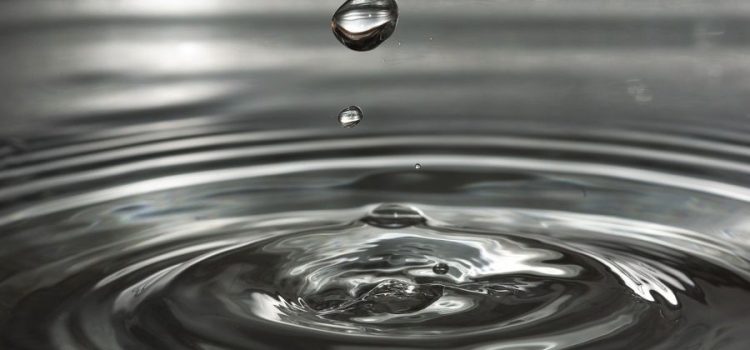Hard water is a common problem faced by residences and industries. Hard water becomes hard because of mineral content as opposed to the soft water of rainwater that is pure without any mineral content. Hard water causes problems because the mineral content reacts with metals and other minerals causing damage. In industrial settings hard water causes damage to machinery and causes them to wear out quickly. In your home, hard water can cause damage to your appliances over time.
What is Hard Water?
Hard water occurs when water percolates through soil that is rich in chalk, limestone, or gypsum. These compounds contain sulfates and magnesium and calcium carbonates and bicarbonates. The more the mineral content in the water, the harder the water becomes. Hard water is safe to drink but can cause problems for households and industries due to the potential damage it can cause. Since water is not only used for consumption but cleaning, cooking, and more, switching to soft water will result in long term benefits.
Problems
So what sort of problems can hard water cause in households and for industries?
Equipment that holds water corrodes quickly and requires frequent replacement if hard water is used in industrial settings.
Signs of hard water damage in your home include the quick corrosion of water pipes, water with an unpleasant taste (often tasting of rust from the corroded pipes), porcelain bath fittings getting a red stain caused by the mineral content in the water, a bathroom full of soap scum, soap that does not lather, and clogged shower heads.
Other problems caused by hard water include clogged pipes, difficulty doing laundry because clothes don’t look clean and wear out quickly, and appliances that use water like washing machines and dishwashers wearing out quickly. In some cases, hard water can even cause skin irritation.
Solutions
Mineral buildup and stains can be lessened using a special white vinegar solution. However, as long as hard water remains in your home, you will keep having to clean the affected areas.
Installing a water softener in your home is a quick solution to hard water problems. These water filtration systems remove the minerals that cause corrosion and stains before they reach your appliances.
Installing a reverse osmosis water filtration system will also ensure that the water you drink is free of harmful minerals. These filtration systems can be used alongside a water softener.
Professional Help
Getting professional help to solve your hard water problems will ensure that your appliances and pipes are protected long-term. Companies that offer water filtration solutions for households keep expert teams on hand. These professionals can test the quality of the water in your home and help you find the best solution for your household.
Making sure the water in your home isn’t too hard can save costs and hassle over time, as the life of your appliances may be improved, and your spending on cleaning supplies and detergents can decrease.
Hard water causes expensive problems in your home. By using the services of a professional water softening company, you can lower your costs and improve your lifestyle. If you’re still looking to the best solution to your hard water problems, contact Houston Water Solutions, a water softening company in Houston, to learn more.
